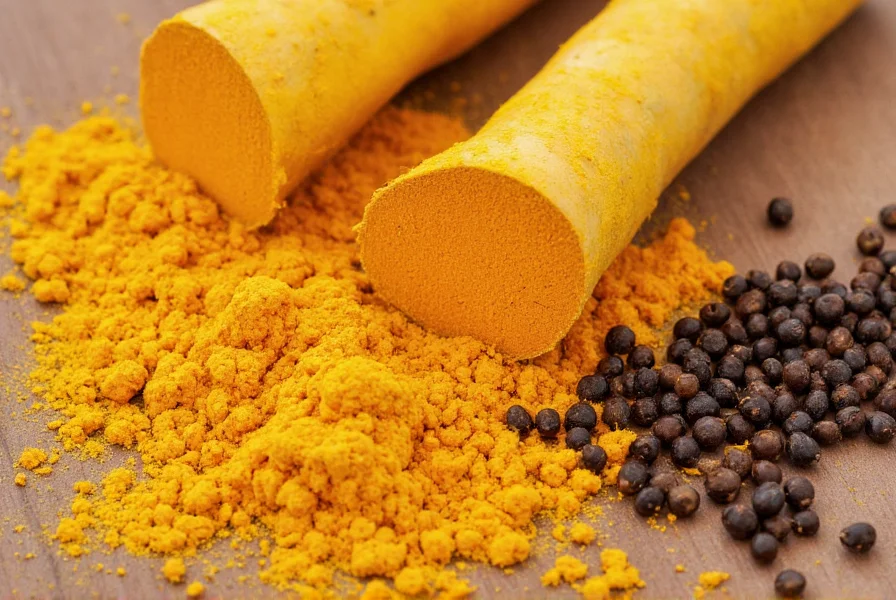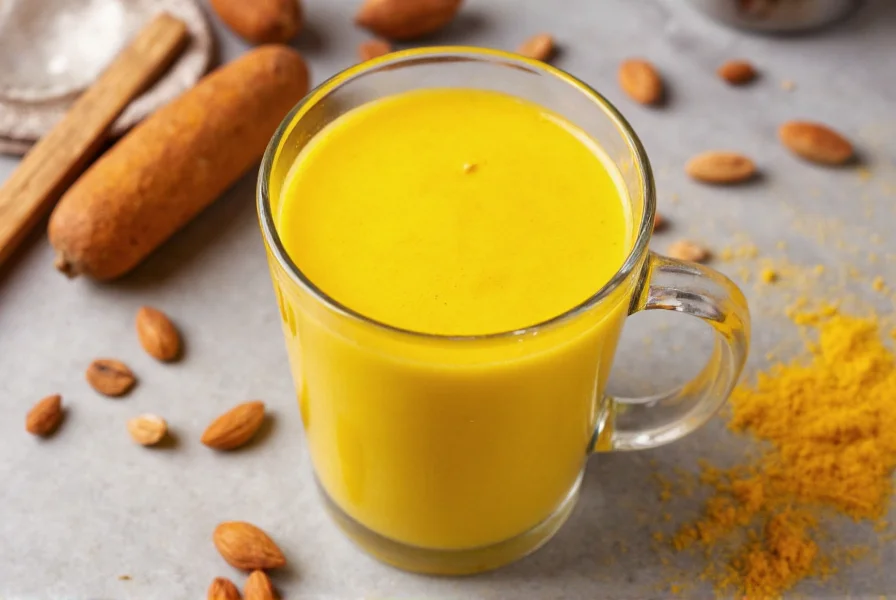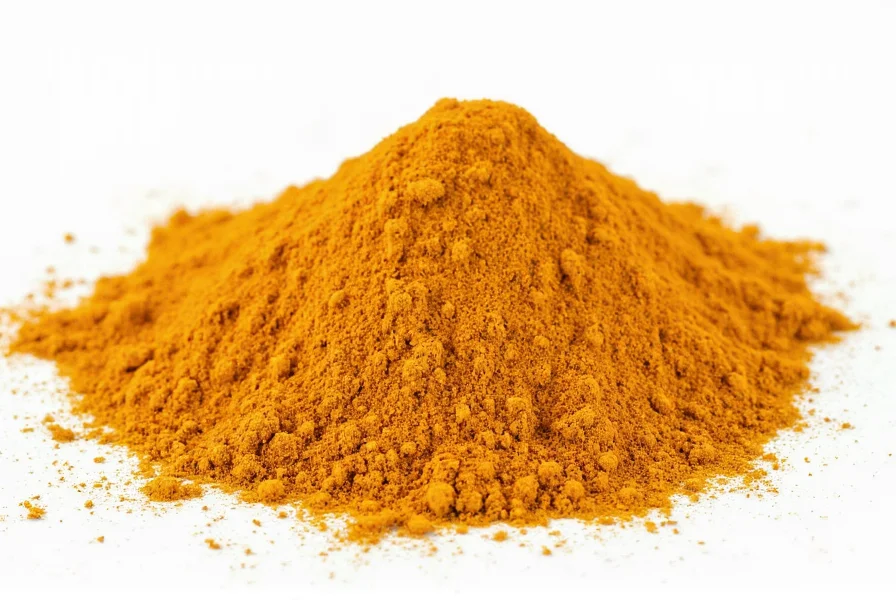For centuries, turmeric has been a cornerstone of traditional medicine systems across Asia. This vibrant yellow spice, derived from the Curcuma longa plant's rhizomes, has transitioned from ancient healing practices to modern scientific scrutiny. Today, researchers are validating many of turmeric's traditional uses while uncovering new potential health applications.
The Science Behind Turmeric's Health Properties
Curcumin constitutes about 2-8% of turmeric and represents its most studied bioactive compound. This polyphenol demonstrates remarkable biological activity, though its effectiveness depends significantly on bioavailability. When consumed with piperine (found in black pepper), curcumin absorption increases by up to 2,000%, making proper preparation crucial for experiencing turmeric's full benefits.

Research-Supported Health Benefits of Turmeric
Modern research has investigated turmeric's potential across various health domains. Unlike many wellness trends, turmeric benefits are supported by substantial scientific evidence, though the strength of evidence varies by application.
| Health Benefit | Research Status | Recommended Daily Amount |
|---|---|---|
| Anti-inflammatory effects | Strong clinical evidence | 500-2,000 mg curcumin |
| Osteoarthritis symptom relief | Good clinical support | 500 mg twice daily |
| Antioxidant protection | Well-documented | No established RDA |
| Cognitive function support | Promising preliminary research | 500-1,000 mg daily |
| Heart health benefits | Emerging evidence | 500-1,500 mg daily |
Anti-Inflammatory Properties
Chronic inflammation underlies many modern diseases. Curcumin's ability to inhibit multiple inflammatory pathways makes it particularly valuable. Clinical studies show turmeric can reduce inflammatory markers like C-reactive protein (CRP) and interleukin-6 (IL-6). For individuals seeking natural approaches for what turmeric is good for inflammation, research suggests consistent use over 8-12 weeks yields measurable benefits.
Joint Health and Arthritis Management
Multiple randomized controlled trials demonstrate turmeric's effectiveness for osteoarthritis and rheumatoid arthritis. A 2020 meta-analysis published in the Journal of Medicinal Food found curcumin supplementation significantly reduced pain scores and improved physical function compared to placebo. When exploring what is turmeric good for joint pain, the evidence points to meaningful symptom relief, particularly when using standardized extracts with enhanced bioavailability.
Antioxidant Capacity
Turmeric ranks exceptionally high on the Oxygen Radical Absorbance Capacity (ORAC) scale, measuring antioxidant strength. Curcumin neutralizes free radicals while also stimulating the body's own antioxidant enzymes. This dual action makes turmeric particularly effective for combating oxidative stress, a key factor in aging and chronic disease development.
Cognitive Function and Brain Health
Emerging research suggests curcumin may support brain health by increasing brain-derived neurotrophic factor (BDNF), a growth hormone that functions in the brain. Low BDNF levels associate with depression and Alzheimer's disease. While more human studies are needed, preliminary research indicates turmeric shows promise for what is turmeric good for brain health and cognitive preservation.

Cardiovascular Support
Endothelial dysfunction, where blood vessels don't properly regulate blood pressure and clotting, represents a major driver of heart disease. Studies indicate curcumin improves endothelial function as effectively as exercise in some populations. Research on what is turmeric good for heart health suggests it may help maintain healthy cholesterol levels and reduce oxidation of LDL cholesterol.
Practical Applications: How to Use Turmeric Effectively
Understanding what turmeric is good for means little without practical implementation strategies. The spice's low bioavailability presents a significant challenge—only a small fraction of consumed curcumin enters circulation. Here's how to maximize benefits:
- Combine with black pepper: Piperine enhances absorption by up to 2,000%
- Use with healthy fats: Curcumin is fat-soluble, so consume with coconut oil, olive oil, or avocado
- Heat gently: Light cooking improves solubility without degrading compounds
- Consider standardized extracts: For therapeutic purposes, look for products with 95% curcuminoids
Safety Considerations and Potential Interactions
Turmeric is generally safe when consumed in culinary amounts. However, high-dose supplementation requires caution:
- May interact with blood thinners like warfarin
- Potentially enhances effects of diabetes medications
- High doses may cause gastrointestinal discomfort
- Those with gallbladder issues should consult a healthcare provider
Pregnant women should avoid therapeutic doses but can safely consume turmeric as a spice in food. Always discuss supplementation with your healthcare provider, especially if managing chronic conditions or taking medications.
Setting Realistic Expectations About Turmeric Benefits
While turmeric shows impressive potential, it's not a miracle cure. The most significant benefits emerge from consistent, long-term use rather than quick fixes. Research on what is turmeric good for scientifically reveals it works best as part of a comprehensive health strategy including balanced nutrition, regular exercise, and adequate sleep.
When evaluating claims about turmeric, distinguish between established benefits and preliminary research. Many websites overstate turmeric's capabilities, creating unrealistic expectations. The strongest evidence supports turmeric for inflammation reduction and joint health, with promising but less conclusive research for other applications.











 浙公网安备
33010002000092号
浙公网安备
33010002000092号 浙B2-20120091-4
浙B2-20120091-4